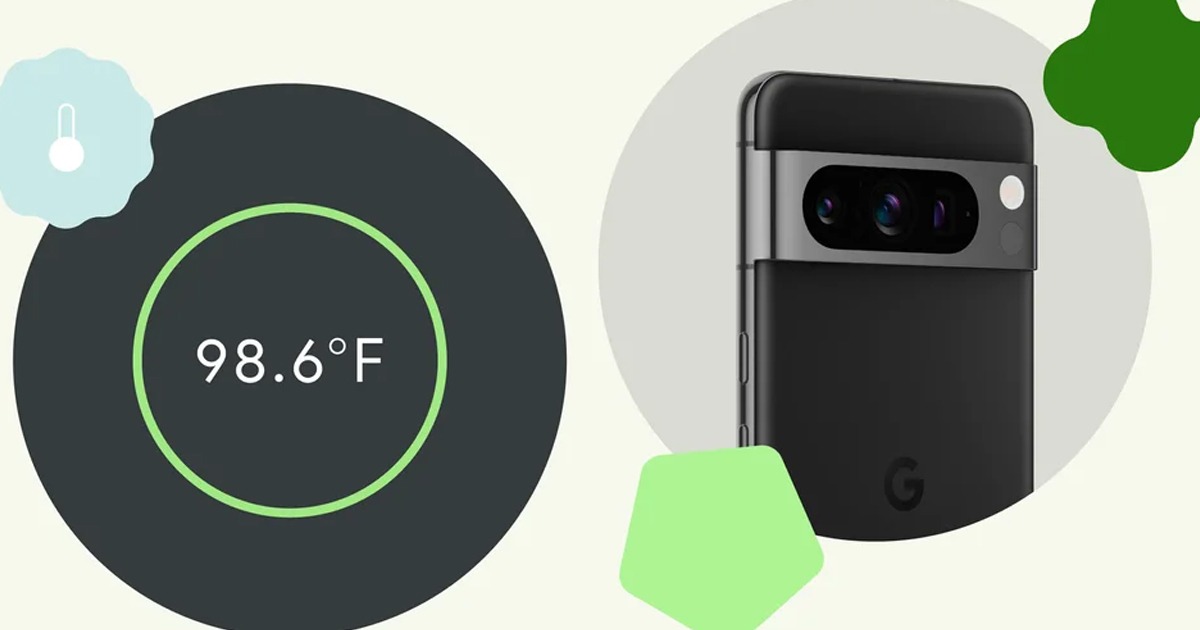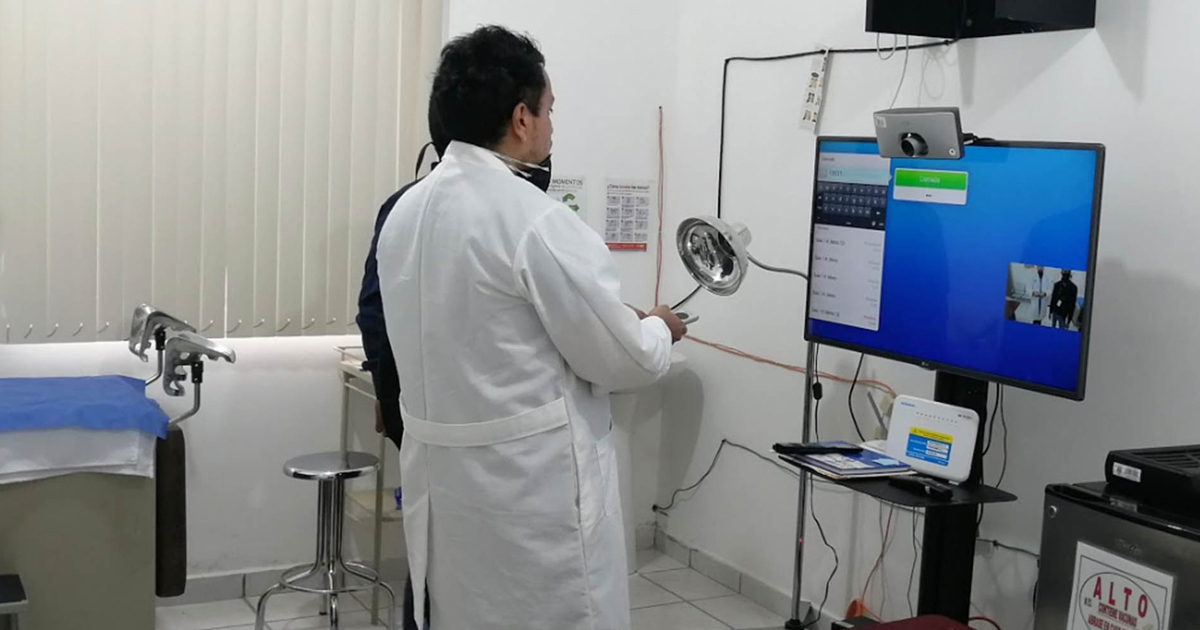El estudio publicado en Nature, "Validación de aplicaciones móviles: un enfoque de cuadro de mando de salud digital", detalla la evaluación de las apps móviles, específicamente las aplicaciones cuyo enfoque principal es la oncología y pacientes con cáncer.
Las herramientas de Digital Health, como lo son las aplicaciones móviles, continúan creciendo no solamente en cantidad sino en complejidad. El artículo de Nature: “Validación de aplicaciones móviles: un enfoque de cuadro de mando de digital health”, propuso una evaluación transparente y estandarizada para la validación de estos instrumentos.
“Estas aplicaciones proporcionan una amplia gama de funciones médicas que abarcan el continuo de la atención desde la prevención hasta el diagnóstico y la gestión de la atención. También están demostrando cada vez más un impacto en los resultados clínicos con éxitos recientes en cáncer, salud cardíaca y salud mental”, explican en el artículo.

La importante adopción de herramientas móviles de Digital Health se entiende debido a su accesibilidad, bajo costo y características personalizadas de cada app. Características como el seguimiento de síntomas o efectos secundarios de medicamentos, gestión de citas, entre otras, hace las aplicaciones digitales de salud una herramienta médica importante.
Los autores investigaron la aplicación de un marco para la validación de este tipo de herramientas de Digital Health, llamado Digital Health Scorecard, el objetivo fue evaluar 22 aplicaciones de oncología de salud móvil. El marco fue previamente informado a las aplicaciones y los autores seleccionaron las apps de oncología como área de enfoque principal “ya que los pacientes con cáncer representan una población diversa y es probable que busquen información de salud”.
18 de las 22 apps fueron desarrolladas para el sistema operativo iOS y el resto para Android. Seis apps se centraron en la educación, cinco en la prevención y seis en el apoyo social. “La puntuación total media de todas las aplicaciones evaluadas en todos los dominios y los requisitos del usuario final fue del 49,4%. Las puntuaciones de los dominios individuales variaron con una puntuación media de 37,3% para técnica, 15,9% clínica; 56,7% para la usabilidad, 100% para el costo y 37,2% para los requisitos del usuario final”, explican los autores en el apartado de Resultados.
El estudio determinó que las apps oncológicas populares, no cumplieron con estándares de alta calidad en diversas áreas. Por ello su uso generalizado por pacientes con cáncer, podría no ser tan apropiado hasta que existan más herramientas mejor desarrolladas. “Las aplicaciones móviles obtuvieron una puntuación baja en los dominios técnicos y clínicos y en los requisitos del usuario final; es decir, tenían deficiencias técnicas importantes, mostraban pocos beneficios clínicos y no satisfacían lo que los usuarios querían que hicieran”, explican los autores en el apartado de Discusión.
“El camino hacia la validación de la digital health requerirá recursos, colaboración y tiempo. Creemos que un próximo paso importante es establecer un proceso de evaluación que refleje las necesidades del mundo real de las partes interesadas en el cuidado de la salud”, concluyeron los autores.
Consulta el artículo completo en el siguiente enlace: https://www.nature.com/articles/s41746-021-00476-7







